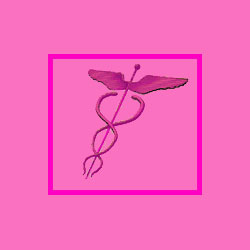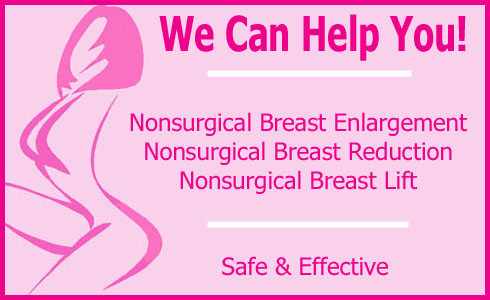
A deviated septum is a common nasal diagnosis which describes a condition where the nasal septum moves out of central alignment in the nose cavity. The septum is the structure which divides the nasal cavity into 2 distinct left and right sided passageways, creating 2 nostrils and 2 airways. When the septum shifts, the results can be problematic for some patients, although this is still a highly controversial diagnosis for one main reason.
This article provides an analysis of separated nasal septum conditions and the typical treatment options.
Septum Deviation Explained
The septum is made up of bone, cartilage and skin. It is the center part of the inner nose, which divides the left and right airways.
The septum is normally in the exact centerline of the nose or slightly off center to a small degree. Minor deviations in the centerline are not considered abnormal or troublesome.
A septum which is classified as truly deviated is out of line considerably and is enacting some sort of symptomatic expression. Common symptoms of real deviated centerline conditions include: headaches, difficulty breathing, snoring, nosebleeds and sleep apnea.
This condition can be congenital in some cases, but is also possible to occur from injury, infection or disease processes which affect the inside of the nose.
Deviated Septum Consequences
The nasal septum deviation diagnosis is controversial, since it is very common to find people with minor to moderate centerline variations, which are totally asymptomatic.
Furthermore, the controversy heats up when the diagnosis is used to justify what amounts to cosmetic nose surgery, aka a nose job.
Many doctors will lead a patient into exaggerating, or simply fabricating, the existence of problematic breathing issues, in order to gain insurance coverage for rhinoplasty procedures. This is nightmarish for the insurance industry and is nothing short of criminal.
However, it occurs in vast numbers daily, since the overwhelming numbers of rhinoplasties covered on the basis of septum deviation are not severe enough to even consider justifying surgical repair.
Deviated Septum Operations
True symptomatic deviation can and does occur; rarely. Most are congenital defects or the results of traumatic accidents, such as violence, car accidents or repeated injury from boxing or martial arts.
The average person claiming a deviated nasal septum, as the means to pay for cosmetic surgery, rarely actually needs the operation, but they want it and the insurance industry has allowed them to get it.
To learn more about the possible effects and correction options for a nasal septum deviation, consult with a qualified board certified plastic surgeon today.



